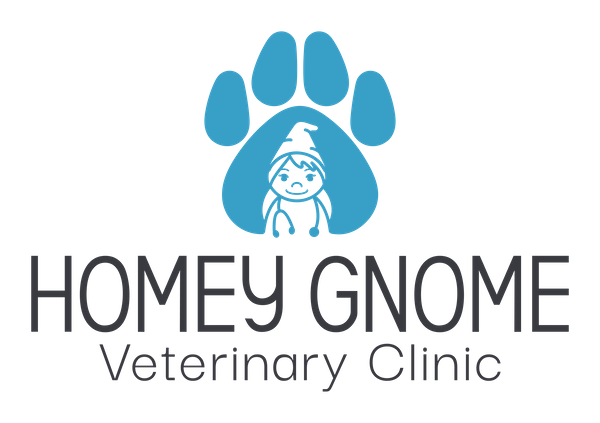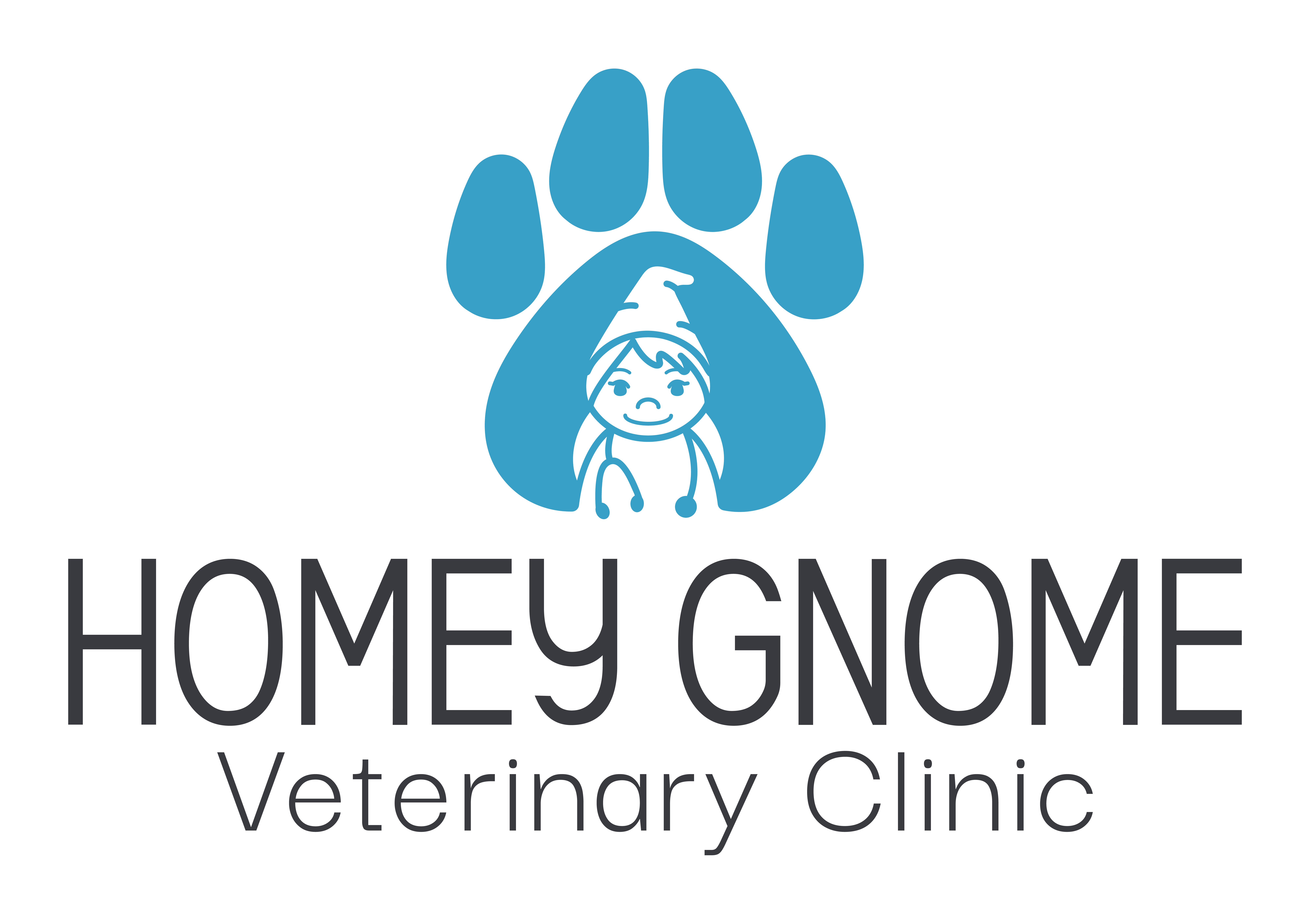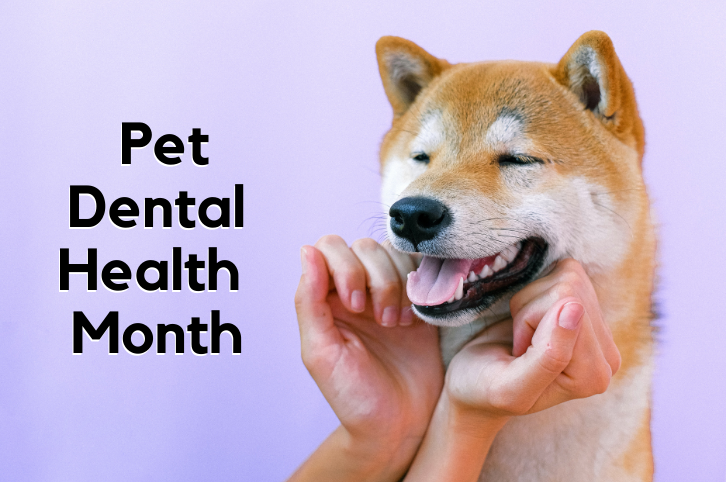Do you know how often you should be brushing your pet’s teeth? Routine dental care is essential for keeping your pet healthy and happy. This month, Homey Gnome Veterinary Clinic is celebrating Pet Dental Health Month by sharing some tips for taking care of your pet’s dental needs. Here are a few things we think you should know.
Why is Dental Health So Important?
Your pet’s dental health is about more than just the way their breath smells. Not only can dental disease impact your pet’s oral health, but it can also have a significant impact on their general well-being.
As bacteria in your pet’s mouth builds up, the bone around their teeth can become infected. In some cases, the bacteria can also enter the blood system and spread to other parts of your pet’s body.
Let’s Get Brushing!
Brushing your pet’s teeth takes some practice, but it is an essential part of your pet’s routine care. Just like us, pets develop plaque on their teeth. If not properly removed, this plaque hardens into a substance known as tartar. Tartar is a breeding ground for harmful bacteria, which can cause inflammation of the gums and lead to dental disease.
Luckily, routine brushing can help remove plaque and prevent tartar buildup. The more frequently you can brush your pet’s teeth, the better! While daily brushing is ideal, you should be brushing your pet’s teeth at least a few times a week.
We understand that getting your pet to stay still for a thorough brushing can be a bit of a challenge. Because of this, it’s best to start brushing when your pet is young. This will help them get used to the strange sensation and make routine brushing less of a hassle.
When brushing your pet’s teeth, always make sure you are using pet-safe products. If you are unsure what kind of toothpaste or toothbrush is best for your pet, we are happy to provide some guidance.
What About Professional Dental Cleanings?
While routine brushing is essential, your pet will also need professional dental cleanings. Our veterinary team performs these cleanings under general anesthesia. The anesthesia not only keeps your pet comfortable but also allows us to perform a thorough oral exam and remove tartar buildup under your pet’s gum line.
Pets with severe dental disease may require more advanced dental care, such as extractions. However, regular dental cleanings can help reduce the risk of severe disease. We recommend annual dental cleanings for adult pets. Our veterinarians will perform a general assessment of your pet’s oral health during their yearly wellness exam. Based on your pet’s exam findings, our team will help you determine when to schedule your pet’s next cleaning.
If you notice any sudden changes to your pet’s breath or signs of discomfort, you may need to bring your pet in sooner.
Final Thoughts
We hope this information will help you establish healthy dental habits with your pet. If you have any additional questions or would like to schedule a dental cleaning, please give us a call at 651-202-3388.
Image credit: Pexels


